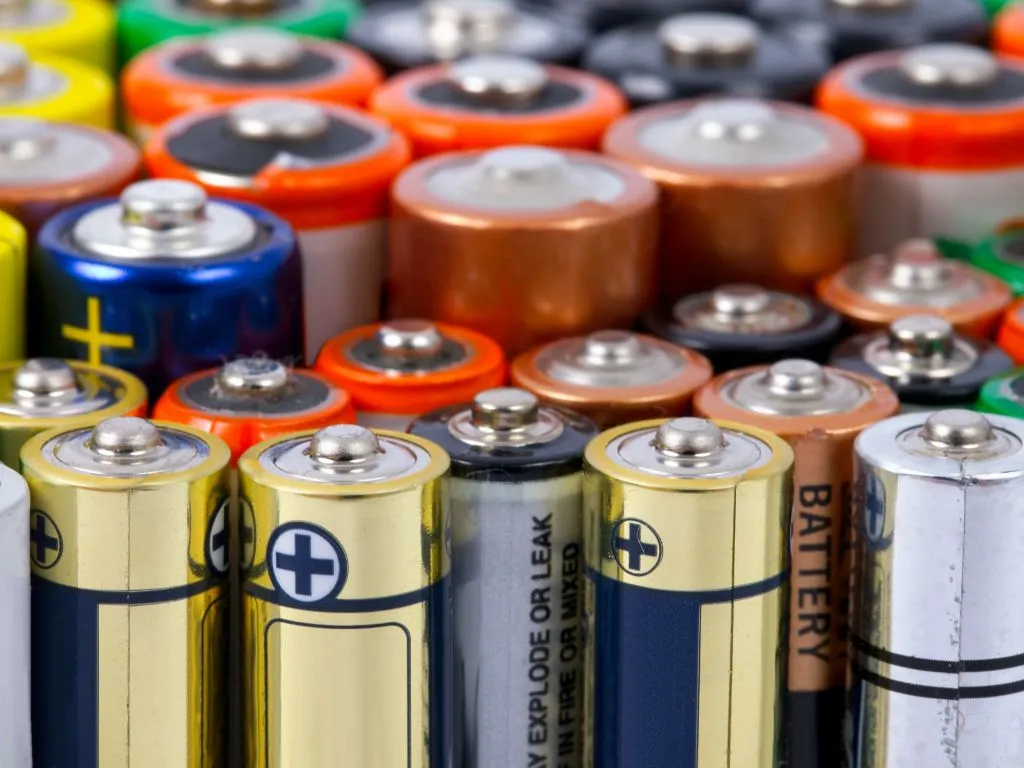- Home
- News Details
News Details

EU Launches Consultation on Revision of European List of Waste for Battery Waste
2024-10-23 Reference source : European Commission
CLP EU Public Consultation Classification Labelling and Packaging Batteries waste
The European Commission has launched a public consultation to gather feedback on a new draft delegated decision to revise the European List of Waste. This update focuses on incorporating changes related to new battery chemistries and rapidly evolving manufacturing and recycling processes. The feedback period runs from 11 October 2024 until 8 November 2024.
Aim of the Revision
The European List of Waste serves as a common terminology for waste classification across EU Member States and provides an essential framework for the management and tracking of waste, including hazardous materials. The proposed revision aims to enhance the identification, monitoring and traceability of different waste streams, in particular in the light of recent technological advances in battery production. The aim is to ensure better alignment between environmental legislation and waste management processes, such as the handling of lithium-based batteries, which are increasingly considered hazardous under the ADR agreement.
CLP Classification and Reclassification of Battery Waste
The proposed delegated decision introduces important updates to waste classification under the Classification, Labelling, and Packaging (CLP) Regulation (EC No 1272/2008). New hazardous waste codes have been introduced for battery-related waste streams, in particular for "black masses", which are intermediate fractions from battery treatment. These codes are supported by updated hazard classifications to ensure better alignment with waste shipment requirements under the Waste Shipment Regulation.
Another significant change is the reclassification of alkaline batteries. Previously classified as non-hazardous, alkaline batteries are now considered hazardous due to updated scientific evidence on the concentration of hazardous substances in these batteries. In addition, a new waste code has been introduced for lithium-based batteries, which pose specific hazards such as fire and explosion risks. This aims to improve the safe management and recycling of lithium-based batteries.
Key Considerations for Stakeholders
The Commission is seeking input on how best to adapt the waste classification system to reflect modern battery chemistries and improve waste management practices. Stakeholders are invited to provide feedback on whether the proposed changes will sufficiently address the challenges posed by the rapid development of new battery technologies and whether the classification of certain waste streams should be redefined as hazardous or non-hazardous.
Next Steps
Following the consultation period, the European Commission will review the feedback and refine the draft delegated decision before adopting it. All feedback will be published on the European Commission’s website and where appropriate, incorporated into the final text of the legislation.
This consultation is an important opportunity for industry stakeholders, environmental groups and EU citizens to shape the future of waste management in Europe, particularly in the context of the growing use of advanced battery technologies.
We acknowledge that the above information has been compiled from European Commission.
Global Product Compliance (GPC) specializes in Global Regulatory Compliance Solutions across sectors
globally. SSS Europe, a familiar name in chemical regulatory and compliance services now formally belongs
under the umbrella of GPC Holding Sweden.
Since 2008, we have emerged as one of the leading names among Global Regulatory Compliance Service
Providers with Representation services in Europe, Asia and Middle East for respective chemical
regulations.

 Twitter
Twitter
